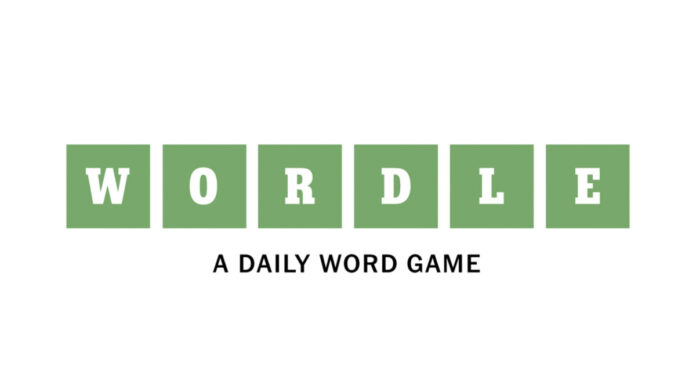Despite being frustrating, why do mobile and broadband data caps exist? Find out how to bypass your limit and access unlimited data.
There are many people aware that mobile carriers throttle connection speed when their customers use a certain amount of data each month, but did you know that your Internet Service Provider might also do this?
If so, what can you do?
You will find that and a lot more in this article. Keep reading to find out.
What is an Internet data cap? How do they work?
In simple terms, it is a limit that your ISP places on how much data you can use each month. Each month, your service plan also specifies how much data you can download and upload. You are allowed to download and upload the same amount of data each month. This is similar to how your cellular service plan limits your talk time, text messages, and internet data usage.
By imposing a data cap, Internet service providers are demonstrating their commitment to safeguarding the interests of their subscribers. According to this argument, a provider’s network has a limited amount of bandwidth, and each customer should get a fair share of it. Since infrastructure costs have decreased in recent years, internet data providers have been able to expand their networks more cheaply in order to meet increased demand. So, data cap critics believe arbitrary limits on usage are unnecessary.
Consumers may find data caps to be painful and expensive due to the increased cost of data. Especially when you have multiple connected devices and online activities consume a lot of bandwidth in a large household.
What Happens if You Go beyond the Internet Data Cap?
In terms of exceeding the data cap, different providers have different terms.
If you exceed your monthly allowance of data in excess of your service plan, you’ll usually be charged a fee – usually around $12 for every 50GB overage. In the month in which the breach takes place, it appears on your bill. ISPs vary in their generosity, and some allow you to go off when you exceed your allowance for the first time in a year.
It is also possible that you have an internet provider that does not tack on an overage fee nor throw you offline, but merely throttles your download and upload speeds. It is typical for these ISPs to offer the option to buy more data during a month so that you can continue to access the web at standard speeds.
Pro Tip: If you are someone who needs unlimited data, consider getting a connection that does not come up with data caps. For instance, there is Grande Communications, with which you can enjoy unlimited data and that too at affordable rates.
Is there a high limit for your data?
Downloading heavy files, watching videos, chatting online, and playing online games regularly take a huge toll on your data allowance. You may also have a smart home device or a smart security system that uses a lot of data. A household’s data consumption increases as its number of devices and users increases, and as its activities become more bandwidth-intensive.
As a result, if you have a large family where you regularly stream TV and play competitive online games, you will need at least 1 TB of data allowance if you work from home or attend online lectures. Small families, who use the internet only occasionally for bandwidth-intensive activities, are unlikely to need even 1 TB of space.
So, take a moment to identify what kind of activities you prefer to engage in online and how many devices and users in your household require a data connection – this will give you a better perspective when choosing an internet provider.
Monitoring your internet usage
Using a mobile app, you can manage your data across all of your home and mobile devices. With most home Wi-Fi routers, you can set them up right out of the box using the built-in mobile apps. You can monitor your home network’s traffic through your router, which already keeps track of all the data that flows in and out of your network. A good example is eero Secure. Your activity data for the last week and month can be seen, including how much data you’ve used.
Data usage might be listed under “data usage” or another term similar if you use another app to track your data. Check your router manufacturer to determine if it has this feature and where to find it, as most new Wi-Fi routers come with a free app to help you manage your internet usage. Finally, firewall applications like GlassWire can keep track of your bandwidth usage and all network traffic in real-time. Most of them are also free.
Tips for managing your data usage
One of the most effective and practical ways to curb excessive data consumption is to periodically monitor your usage. Users of most major ISPs can track their data consumption easily by downloading a mobile app. Keeping up with everything is convenient when everything is at your fingertips. The 30-day billing cycle allows you to better space out the usage of internet data.
Furthermore, always keep in mind that quality can be compromised with data saving. Almost always, when streaming video via a streaming service, the video quality can be adjusted. You can actually reduce your data usage when you use these settings appropriately.
Conclusion
After learning what data caps are and how to keep an eye on your usage, you will always know what to do. No matter what happens, you can always have confidence on the internet. If you have questions regarding data caps, please drop them down in the comments section below.

















